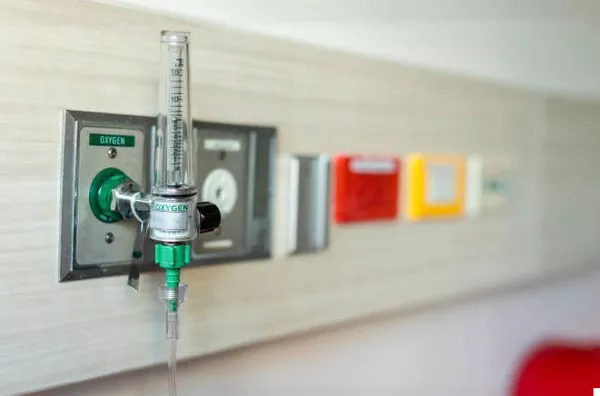In the realm of engineering and technology, Electrical and Instrumentation (E&I) plays a pivotal role in ensuring the smooth operation and control of various industrial processes. This interdisciplinary field combines electrical engineering and instrumentation engineering to design, develop, and maintain systems that monitor and control different processes in industries such as manufacturing, energy, and automation.
Definition of Electrical and Instrumentation:
Electrical and Instrumentation, often abbreviated as E&I, encompasses the study and application of electrical principles and instrumentation techniques to create efficient, safe, and reliable systems. While electrical engineering focuses on the generation, distribution, and utilization of electrical power, instrumentation engineering deals with the measurement and control of various parameters within a system.
Key Components of Electrical Engineering:
Power Generation and Distribution: Electrical engineering involves the generation of electrical power through various sources such as fossil fuels, renewable energy, and nuclear power. Engineers design systems for power distribution to ensure electricity reaches end-users with minimal loss.
Circuit Design and Analysis: Circuit design is a fundamental aspect of electrical engineering, involving the creation of circuits that control the flow of electrical current. Engineers use tools like circuit analysis software to optimize performance, efficiency, and safety.
Motors and Control Systems: Electrical engineers work on the design and implementation of motors and control systems that automate processes in industries. These systems often include programmable logic controllers (PLCs) and human-machine interfaces (HMIs) for efficient control.
Key Components of Instrumentation Engineering:
Sensors and Transducers: Instrumentation engineering focuses on sensors and transducers that convert physical quantities such as temperature, pressure, and flow into electrical signals. These signals are then processed for monitoring and control purposes.
Process Control Systems: Instrumentation engineers design and implement process control systems that regulate variables within industrial processes. This includes feedback mechanisms and control loops to maintain optimal conditions and ensure safety.
Measurement Devices: Precise measurement is crucial in industrial processes, and instrumentation engineers develop and implement devices such as gauges, meters, and analyzers to accurately measure various parameters.
Integration of Electrical and Instrumentation:
The synergy between electrical and instrumentation engineering is evident in the integration of systems for seamless operation. In many industrial settings, electrical and instrumentation systems work in tandem to control and monitor complex processes.
Distributed Control Systems (DCS): DCS is a prime example of the integration of electrical and instrumentation. It combines control elements with advanced communication to manage and control processes efficiently. DCS is widely used in industries like petrochemicals, power generation, and manufacturing.
Programmable Logic Controllers (PLCs): PLCs, a key component of electrical and instrumentation systems, are specialized computers that control processes based on programming logic. They are extensively used in industrial automation for tasks such as machinery control and data acquisition.
Supervisory Control and Data Acquisition (SCADA): SCADA systems provide a centralized interface for monitoring and controlling various processes. These systems integrate electrical and instrumentation components, allowing operators to supervise and manage industrial operations in real-time.
Applications and Industries:
The applications of Electrical and Instrumentation are vast and span across multiple industries.
Energy Sector: Electrical and Instrumentation engineers play a crucial role in the energy sector, contributing to the design and maintenance of power plants, renewable energy systems, and electrical grids.
Manufacturing and Process Industries: In manufacturing, E&I is essential for the automation of production lines, quality control, and monitoring of equipment. Process industries like chemical and petrochemical heavily rely on E&I for precise control and safety.
Infrastructure Development: E&I is integral in the construction of infrastructure, including buildings, transportation systems, and smart cities. It ensures the efficient functioning of electrical systems and the implementation of intelligent control mechanisms.
Conclusion:
Electrical and Instrumentation is a dynamic field that continues to evolve with technological advancements. Its interdisciplinary nature makes it indispensable in various industries, contributing to the efficiency, safety, and automation of processes. As technology continues to progress, the role of Electrical and Instrumentation engineers will remain pivotal in shaping the future of industrial processes and systems.

